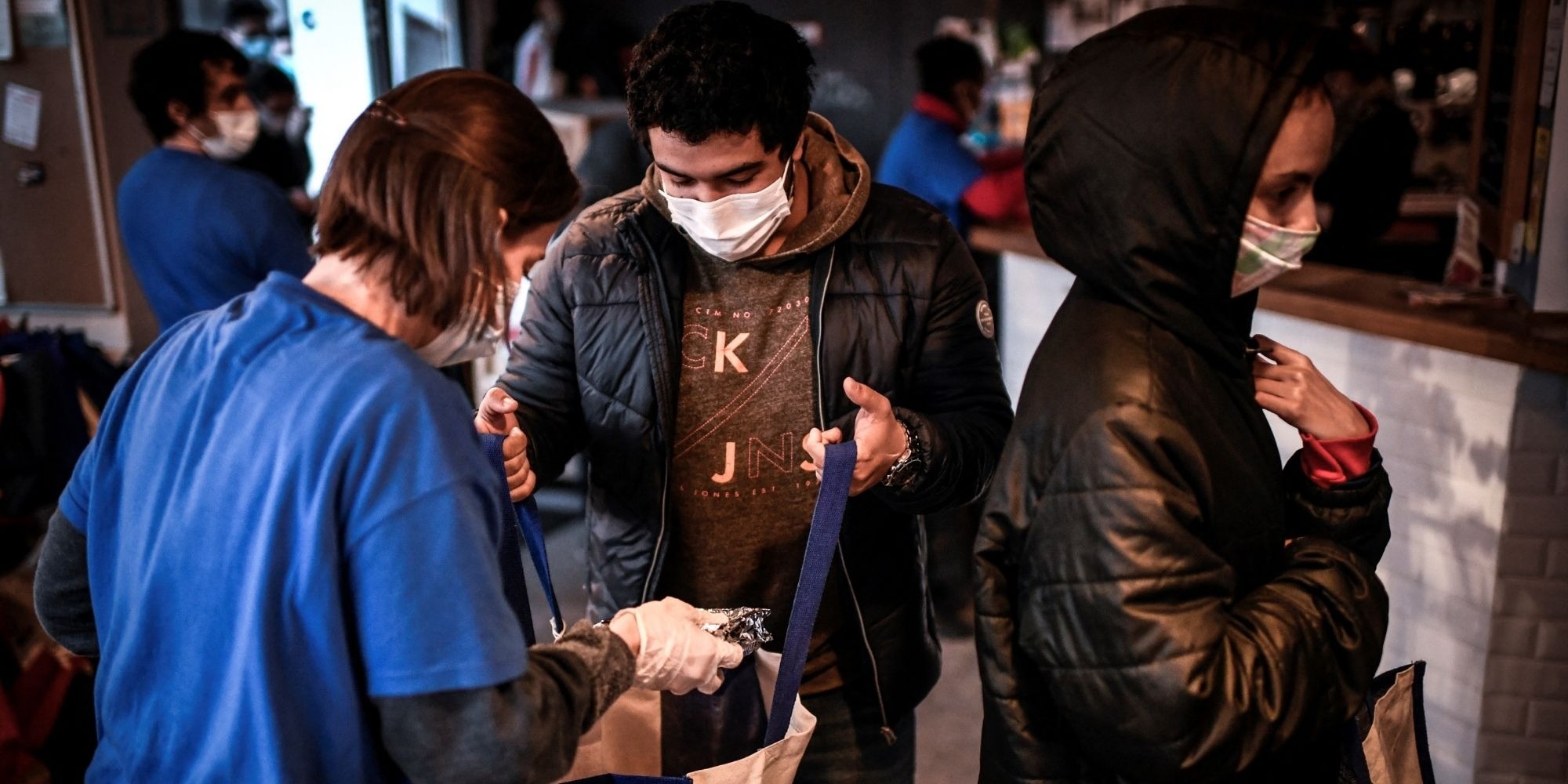Published Tuesday by Cop'1-Solidarité Etudiantes, an association that helps students in financial difficulty, a study shows that there are more female students in the queues for food distributions.
A situation partly caused by the destruction of certain jobs.
Next September, all students will be able to return to school.
This is an option on which the government is working, assured the Minister of Higher Education Frédérique Vidal on Tuesday.
A horizon that should relieve many students, who had to face significant isolation during the Covid-19 health crisis, but also great precariousness, with the disappearance of many small jobs.
However, this situation would strike young girls first.
This is the conclusion of a Cop'1-Solidarité Etudiantes survey, an association that provides assistance to students in need, published on Tuesday.
In particular, we learn that women are in the majority in the queues for food distributions.
>>
Find Europe midi in replay and podcast here
7 out of 10 food aid recipients are women
Among students, nearly seven in ten recipients of food aid are women.
And this result is unfortunately not a surprise for the pointer of the association which made the study, Ulysse Guttmann-Faure.
"A woman has much greater expenses, because of periodic protections, which are particularly expensive, but also on hygiene products in general", he notes with Europe 1. "When we hear a student who tells us that she has to choose between periodic protections and feeding herself, it's alarming. "
>> LIVE -
Coronavirus: follow the evolution of the situation Tuesday April 27
Jobs favored by women more affected by the crisis
This type of statement, his association has heard very regularly during distributions this year.
But this gap is also due to the disappearance of certain specific student jobs, explains Joanie Cayouette-Remblière, sociologist at the National Institute of Demographic Studies.
"Young women work more in sectors such as tourism, hotels and restaurants, which have been much more affected by the crisis than manual jobs of handlers or delivery men, which are more masculine jobs," he explains. -it.
A phenomenon that leads to a greater drop in income than for boys, and therefore greater distress for female students. According to another survey, also published this Tuesday, this time by Ifop, 27% of students say they are experiencing the crisis very badly, against only 18% of men.

